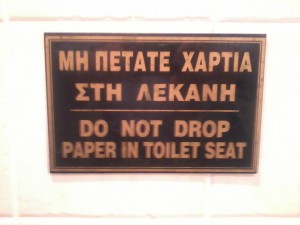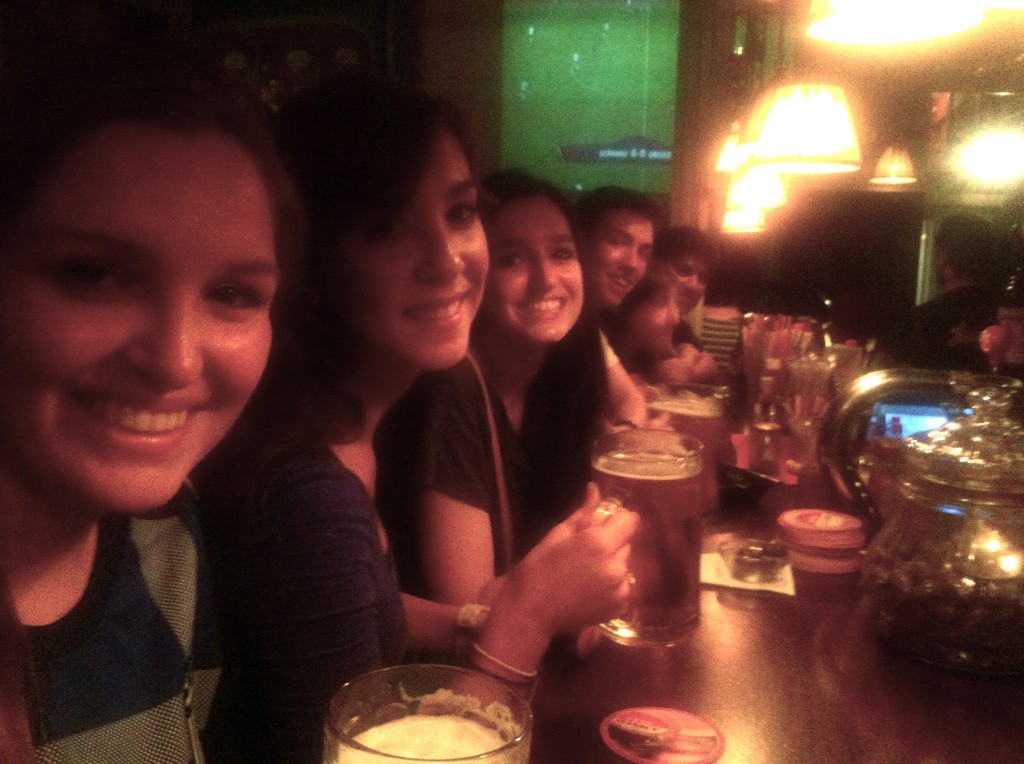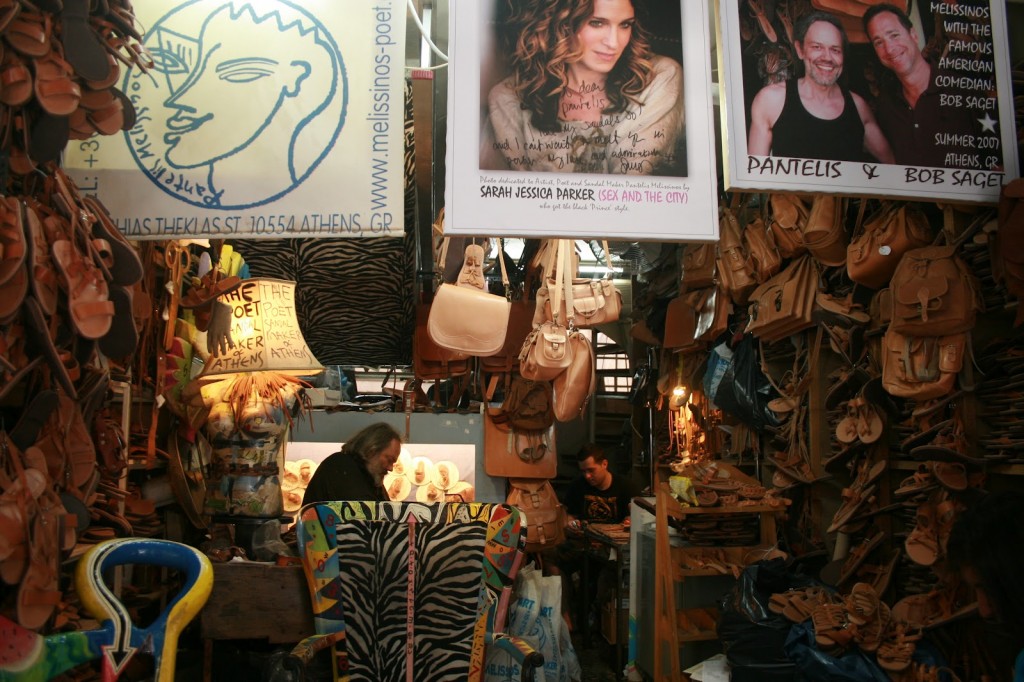At least for this post, anyway.
Let me take you back to the unaccounted days of our time here in Athens, the 23rd and 24th of last week.
And now that I have committed myself to recounting I should actually make sure I even remember…
Okay, got it. Here goes.
On Saturday, I did laundry. Which may not sound glamorous at all but this is what one does on days off, especially when the smell that comes from detergent (only recognizable as such by the snuggly bear on the bottle because it was purchased in a Greek supermarket) is more preferable than eau de metro.
Oh, yeah and I think I read some plays—that’s for you #TimVasen.
Sunday was πολύ καλή (poli kala—Greek for “very good” this is actually the automatic response I’ve adopted from survival Greek class or the right answer when someone asks “How are you?” But I just wanted to slip it in here because I’m very proud of my limited conversational abilities and will create a context for it based on this pretext. Every. Single. Time. πολύ καλή; πολύ καλή.)
We had almost the entire day off, so everyone formed their own plans and since you’re reading my post, you’ll have to read about mine. Don’t worry they were very πολύ καλή.
I woke up at 8:00 and tried to round up those who had expressed an interest in the Monastiraki flea market, a Sunday bazaar when the Greeks come out to sell, sell, sell.
Funnily enough, no one wanted to join me.
When I arrived in Monstiraki square, tables were just being set up. Greeks and college students are not so different.
I sauntered down the streets until I came upon a tight throng of people. I joined the crowd, keeping a tight grip on my bag. Here was the commerce– the energy of that Sunday morning.
Picture this scene:
Plastic tables, not unlike those used by retirees for playing bridge, were set up on the sidewalks. They held a nice collection of miscellany: “antique” coins, snowglobes, XXX videos.
Blankets with mismatched china and naked Barbie dolls tended by barefoot children.
A trunk full of off-white tablecloths that someone’s grandmother probably made.
Knives.
A typewriter.
An oil painting of Adolf Hitler. (I somehow don’t think this ever sells)
Lots of wooden furniture.
It was the best adventure I’ve had so far, though I watched far more than I bought.
Much later in the evening, the entire group attended a German musical that was a part of the Athens-Epidauros Festival.
This is what I know:
The play was called “The Return of Ulysses.”It was performed by a troupe from Berlin called Schaubühne Berlin. It was loosely based on Homer’s The Odyssey. It was all in German. The subtitles were in Greek.
That being said, despite the 90% of the play lost due to the German, we all came away with some idea of what we liked and didn’t like about the performance. It was visceral in that sense and I guess that’s why Tim and Michael wanted us to go in the first place. We were able to pick up on who the Athena, Penelope, Telemachus, and Odysseus figures were as well as the sexual frustration of Athena, Penelope, Telemachus, and Odysseus. Maybe the German renditions of Greek epics and college students are also not so different. Haha. That was definitely the joke of this blog post. The only one. I (kinda) swear.





